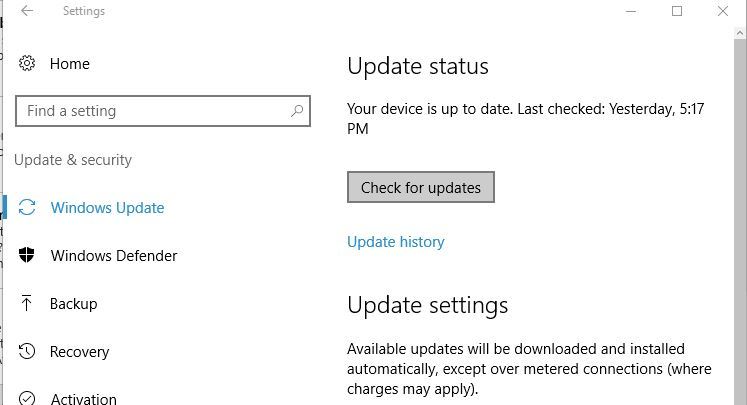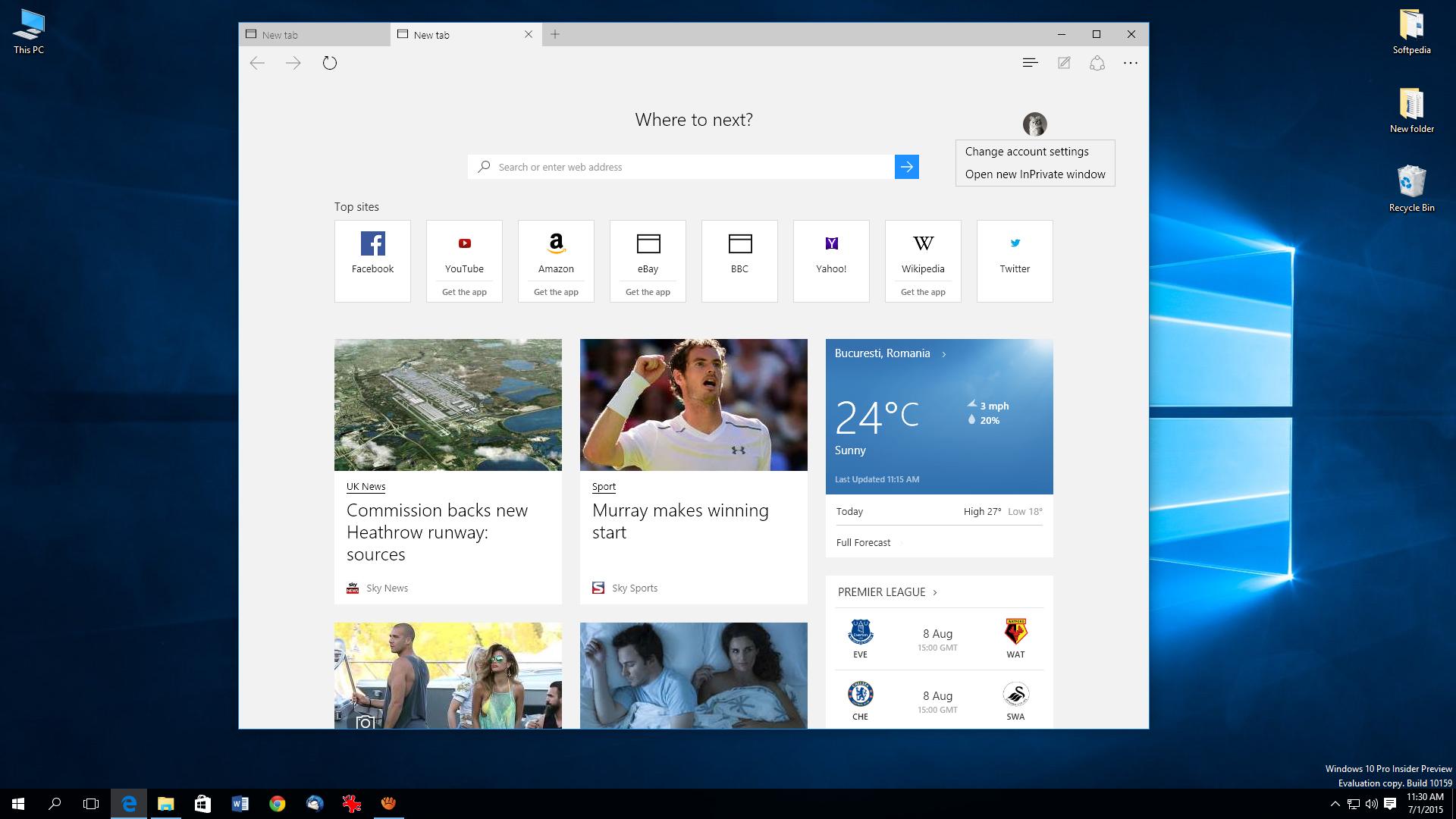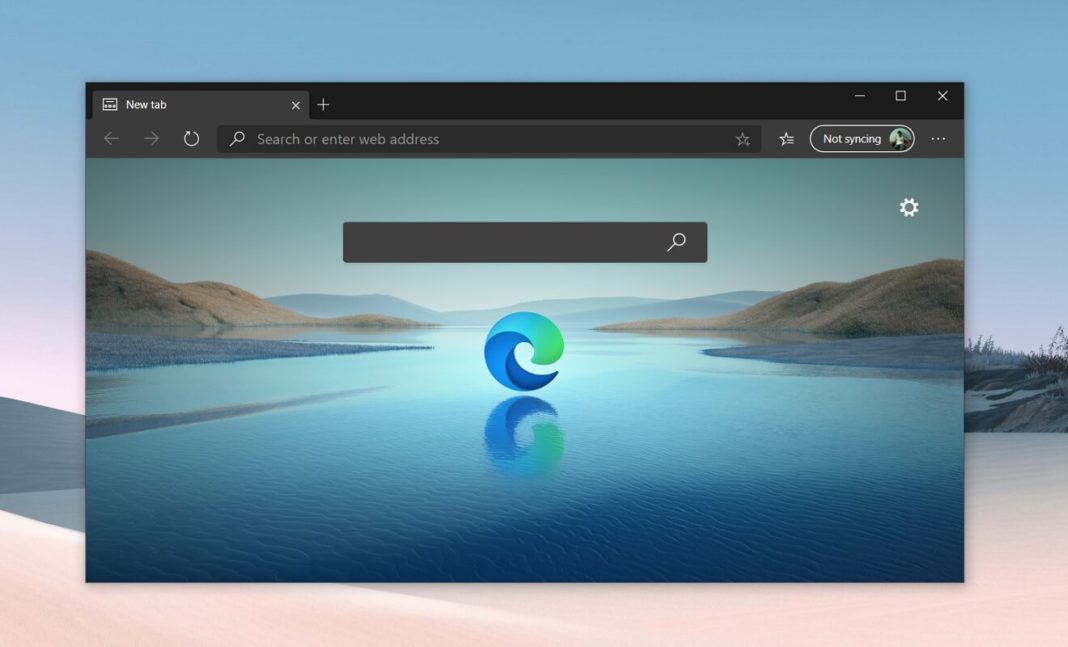
In order to break Google’s control, we don’t need to have a totally different engine built from the ground up, it is sufficient to give their competitors more power. In order to break its grip, a totally different engine (and company) was necessary at the time. I think their efforts were indeed much needed when Internet Explorer dominated the market, as the Internet Explorer was closed source. Gecko is just an open source engine competing with another open source engine, and if Gecko is not competitive even in 2020, Mozilla has only themselves to blame.

It is my firm belief that Chromium will evolve to be a sort of “grandfather project” of many distinctly different browsers, somewhat comparable to what Debian if for various Linux distros, and I think other browser engines will fade away due to not having been competitive enough, and because they are simply unneeded when developers can already use a massively popular open source project to develop their own flavor of browser. Using other Chromium-based browsers like Edge, Brave, Vivaldi, or Opera decreases Chrome’s market share as well, and gives the companies behind those browsers a greater say in the market, and will allow them to hard-fork Chromium eventually if necessary. An open source project (Chromium) dominating is not a problem as long as a single product (Chrome) is not dominating. Chromium is a bit like Linux, there is a common core, but various distributions are utilizing it as they see fit. Chromium is open source, too, and is the basis of many browsers, not just Chrome. I always hear that the survival of Gecko is important for the health of the web, but I don’t buy that for a second. Performance is also not on par with Chromium and never has been, despite years of empty promises on Mozilla’s part. Chromium is a few years ahead of Firefox in those important aspects. Mozilla is seemingly incapable of implementing important security features, for example a real sandbox, or actual site isolation (not just isolating content as a whole).

That is fairly likely and wouldn’t be the worst thing to do on Mozilla’s part. > During the next 12 months, we will probably see Mozilla quietly preparing a switch to the Blink engine as well, as the forced update of Chromium Edge to Windows users will probably eat into the Firefox marketshare and harm Mozilla’s business model. The Microsoft developers themselves contribute back to the Chromium codebase already, only a tiny fraction of Edge’s features are “Edge-exclusive”, and those capabilities are not needed by most (private) users. > But the Chromium devs will probably try to implement some of the Edge features into Chromium as well. Having an ad-free experience is what users care about most, so Brave will most likely be just fine. If Microsoft goes along with Google crippling adblocking extensions (Manifest V3), then Brave will have an advantage compared to other Chromium-based browsers, in that it can still competently block ads (Brave’s internal adblocker is not an extension). Unless you use some enterprise feature that is exclusive to Edge (likely if you are using business-oriented Microsoft services), there is no advantage in using Edge, on Windows or otherwise.
Newest windows update microsoft edge download#
It is unclear if the updates will be made available on the download site at a later point in It will get harder for Brave to gain users, as the interlocking between Edge and Windows makes Edge almost necessary to use when using Windows.
Newest windows update microsoft edge windows 10#
The updates that introduce the new Microsoft Edge web browser on Windows 10 devices are only available via Windows Updates and not on the Microsoft Update Catalog website. Check the support articles for optional updates that Microsoft lists as well for mentioned versions of Windows 10. For KB4541302, Microsoft recommends the Octoupdate KB4517389. For KB4541301 (Windows 10 version 18), Microsoft recommends the Novemupdates KB4525237 and KB4523205.

KB4541301 and KB4541302 have update requirements. KB4559309 - for all Windows 10 versions from Windows 10 version 1803 to 2004.The new Edge replaces the old browser in both cases but only the manually installed Edge may be removed to restore access to the classic version of Microsoft Edge. There is a difference between installing the new Microsoft Edge web browser manually and via Windows Update.


 0 kommentar(er)
0 kommentar(er)
